Home>Articles>How Long Is Cooked Beef Good For In The Refrigerator
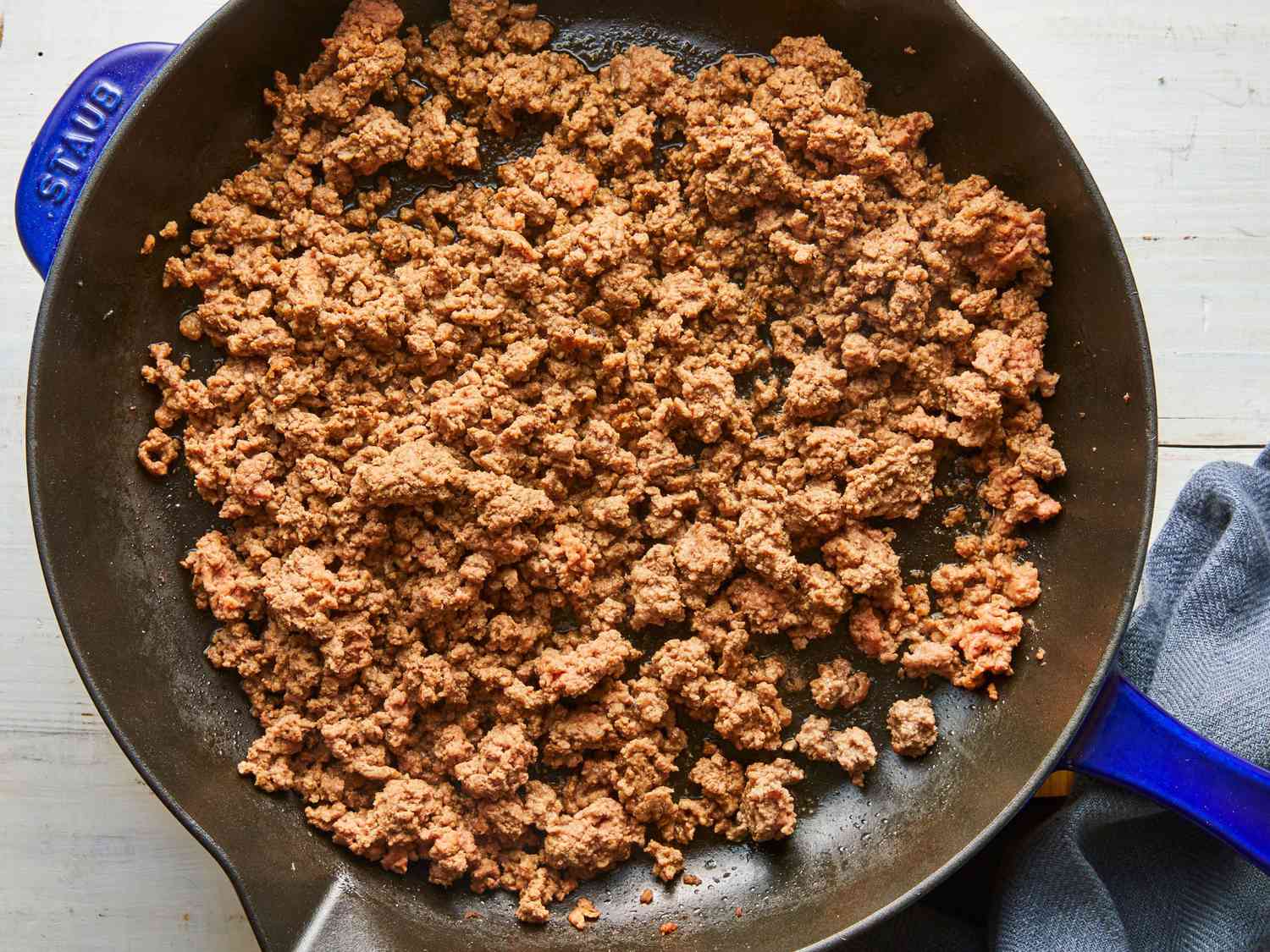

Articles
How Long Is Cooked Beef Good For In The Refrigerator
Modified: August 27, 2024
Discover how long cooked beef stays fresh in the fridge. Read our informative article for guidelines and tips on storing cooked beef to maintain its quality and safety.
(Many of the links in this article redirect to a specific reviewed product. Your purchase of these products through affiliate links helps to generate commission for Storables.com, at no extra cost. Learn more)
Introduction
When it comes to cooking beef, we often find ourselves with leftovers. Whether it’s a Sunday roast or a hearty steak dinner, it’s important to know how long cooked beef can be safely stored in the refrigerator before it goes bad. Proper storage and handling are crucial to maintain the quality and taste of the beef.
In this article, we will explore the factors that affect the shelf life of cooked beef, the recommended storage time, signs of spoilage to look out for, and provide some helpful tips for proper handling and storage. Let’s delve into the world of cooked beef and ensure that your leftovers stay safe and delicious!
Key Takeaways:
- Properly handling and storing cooked beef is crucial for maintaining its quality and safety. Factors like temperature, moisture, and storage duration impact its shelf life. Always trust your senses to determine freshness.
- To maximize the shelf life of cooked beef, follow recommended storage times and signs of spoilage. Use airtight containers, label and date, and avoid refreezing. Prioritize food safety and enjoy your leftovers worry-free!
Read more: How Long Is Beef Good For In Freezer
Factors Affecting Shelf Life of Cooked Beef
The shelf life of cooked beef can be influenced by several factors. Understanding these factors will help you determine how long your cooked beef will remain safe to eat. Here are the key factors:
- Temperature: Temperature plays a significant role in the spoilage of cooked beef. Bacteria thrive in the temperature danger zone, which is between 40°F (4°C) and 140°F (60°C). To ensure the longevity of your cooked beef, it should be promptly cooled and stored at a temperature below 40°F (4°C).
- Moisture: Moisture promotes bacterial growth, which can lead to spoilage. Cooked beef should be adequately drained and stored in a container that allows for proper air circulation to minimize moisture buildup.
- Contamination: Proper sanitation and prevention of cross-contamination are essential in maintaining the quality and safety of cooked beef. Make sure to use clean utensils and storage containers when handling cooked beef to avoid introducing harmful bacteria.
- Quality of the Meat: The quality of the meat before it was cooked can also affect its shelf life. If the beef was not fresh or was nearing its expiration date before cooking, it is more likely to spoil quickly.
- Storage Containers: The type of container you use for storing cooked beef can impact its shelf life. Opt for airtight containers that seal properly to prevent air exposure, which can accelerate spoilage.
- Duration of Storage: The longer you store cooked beef, the greater the chances of it spoiling. It is essential to consume or freeze cooked beef within a recommended timeframe to ensure its safety.
By taking these factors into consideration, you can maximize the shelf life of your cooked beef and reduce the risk of foodborne illnesses.
Recommended Storage Time for Cooked Beef
The recommended storage time for cooked beef depends on various factors, including the type of beef and how it has been cooked. Here are some general guidelines you can follow:
- Roasts and Steaks: Cooked roasts and steaks can be safely stored in the refrigerator for 3-4 days. To extend their shelf life, you can wrap them tightly in plastic wrap or aluminum foil before placing them in airtight containers.
- Ground Beef: Cooked ground beef has a shorter shelf life compared to roasts and steaks. It is recommended to consume or refrigerate cooked ground beef within 1-2 days.
- Sliced Beef: If you have sliced cooked beef, it can be stored in the refrigerator for 2-3 days. Ensure that the slices are properly wrapped or stored in airtight containers to prevent moisture loss and bacterial contamination.
- Leftover Beef Dishes: If your cooked beef is part of a dish like stir-fry or casserole, the storage time may vary depending on the other ingredients. Generally, it is advised to consume or refrigerate leftover beef dishes within 2-3 days.
- Freezing: If you want to extend the shelf life of cooked beef, freezing is a great option. Cooked beef can be frozen for up to 3-4 months. Make sure to wrap it tightly in freezer-safe packaging to prevent freezer burn and maintain its taste and texture.
It’s important to note that these recommended storage times are just guidelines, and it’s always best to use your senses to determine if the cooked beef is still safe to eat. If you notice any signs of spoilage, it’s better to err on the side of caution and discard the beef.
Signs of Spoilage in Cooked Beef
Knowing the signs of spoilage in cooked beef is crucial to ensure your safety and avoid consuming spoiled or contaminated meat. Here are some common indicators that cooked beef has gone bad:
- Off Odor: Smell is often the first sign of spoilage. If your cooked beef emits a strong, unpleasant odor, it is likely spoiled and should be discarded. Trust your sense of smell when determining the freshness of cooked beef.
- Discoloration: Any discoloration in cooked beef, such as a greenish or grayish hue, can be a clear sign of spoilage. Fresh cooked beef should have a brown or slightly pink color. If you notice any significant color changes, it’s best to avoid consuming it.
- Texture Changes: Spoiled cooked beef may have an unusual texture. It could feel slimy, excessively dry, or mushy. If the texture seems off or inconsistent with properly cooked beef, it’s best to err on the side of caution and discard it.
- Mold Growth: The presence of mold on cooked beef is a clear indication of spoilage. Mold can appear as fuzzy patches or spots on the surface of the meat. If you see any mold growth, it’s essential to discard the cooked beef immediately.
- Unpleasant Taste: If you taste your cooked beef and detect any sour, rancid, or otherwise unpleasant flavors, it is likely spoiled. Trust your taste buds and avoid consuming the beef if it doesn’t taste right.
Remember, these signs may vary depending on the type of beef and how it has been cooked. Always use your judgement and prioritize your health and safety when deciding whether to consume cooked beef that may be spoiled.
Cooked beef can be stored in the refrigerator for 3-4 days. Be sure to store it in an airtight container to maintain freshness and quality.
Proper Handling and Storage Tips for Cooked Beef
To ensure the longevity and safety of cooked beef in the refrigerator, it’s important to follow proper handling and storage practices. Here are some essential tips to keep in mind:
- Cool it Down Quickly: After cooking beef, it is crucial to cool it down quickly to minimize the bacterial growth. Place the cooked beef in shallow containers and refrigerate it within two hours of cooking.
- Store in airtight containers: To prevent moisture loss and contamination, store the cooked beef in airtight containers or wrap it tightly in plastic wrap or aluminum foil. This will help maintain its quality and prevent cross-contamination with other foods in the refrigerator.
- Label and Date: Always label the containers or packages containing cooked beef with the date of storage. This will help you keep track of the storage time and ensure you consume it within the recommended time frame.
- Place on a Shelf: Store cooked beef on a shelf in the refrigerator rather than the door. The temperature on the shelf remains more consistent, minimizing temperature fluctuations that can affect the quality and safety of the beef.
- Store Away from Raw Meat: To avoid cross-contamination, store cooked beef away from raw meat or meat juices. Raw meats can contain harmful bacteria that can transfer to the cooked beef, leading to potential foodborne illnesses.
- Reheat Properly: When reheating cooked beef, ensure it reaches an internal temperature of 165°F (74°C) to kill any bacteria that may have multiplied during storage.
- Consume or Freeze Within Recommended Time: To maintain the freshness and quality of cooked beef, consume it within the recommended storage time. If you’re unable to consume it within that timeframe, consider freezing it for longer-term storage.
- Thaw Properly: If you decide to freeze cooked beef, make sure to thaw it safely. The best method is to thaw it in the refrigerator overnight or use the defrost setting on your microwave. Avoid thawing cooked beef at room temperature, as it can promote bacterial growth.
By following these proper handling and storage tips, you can maximize the shelf life of cooked beef and reduce the risk of foodborne illnesses. Always prioritize food safety and use your senses to determine if the cooked beef is still safe to eat.
Frequently Asked Questions
Here are answers to some common questions about storing cooked beef:
- Can I leave cooked beef out overnight?
No, it is not safe to leave cooked beef out at room temperature for an extended period. Bacteria can multiply rapidly in the temperature danger zone, which is between 40°F (4°C) and 140°F (60°C). It’s best to refrigerate cooked beef within two hours of cooking to prevent bacterial growth and potential foodborne illnesses.
- Can I freeze leftover cooked beef?
Yes, you can freeze leftover cooked beef to extend its shelf life. Wrap it tightly in freezer-safe packaging, such as plastic wrap or zip-top bags, and store it in the freezer. Cooked beef can be frozen for up to 3-4 months.
- How can I tell if cooked beef has gone bad?
There are several signs that indicate cooked beef has spoiled, including a strong, unpleasant odor, discoloration, unusual texture, mold growth, or an unpleasant taste. Trust your senses and if you have any doubts about the quality or freshness of the cooked beef, it is best to discard it.
- Can I reheat cooked beef more than once?
It is generally safe to reheat cooked beef once. However, repeatedly reheating meat can cause it to dry out and potentially increase the risk of bacteria growth. It’s best to reheat only the amount you plan to consume to avoid unnecessary reheating.
- Can I store cooked beef in the freezer for a long time?
Cooked beef can be stored in the freezer for up to 3-4 months without significant degradation in quality. However, for the best flavor and texture, it’s recommended to consume it within the first 2-3 months.
- Can I freeze cooked beef that has been previously frozen?
No, it is generally not recommended to refreeze cooked beef that has been previously frozen. Freezing and thawing meat multiple times can affect its texture and taste. It’s best to consume the cooked beef or use it in another dish rather than refreezing it.
If you have any further questions or concerns about storing and handling cooked beef, it is always a good idea to consult with food safety guidelines or consult a professional.
Conclusion
Proper handling and storage of cooked beef are essential to maintain its quality, taste, and most importantly, ensure your safety. By considering factors such as temperature, moisture, contamination, the quality of the meat, storage containers, and duration of storage, you can extend the shelf life of cooked beef and reduce the risk of foodborne illnesses.
It is recommended to consume cooked beef within a specific timeframe, such as 3-4 days for roasts and steaks, 1-2 days for ground beef, and 2-3 days for sliced beef and leftover beef dishes. Freezing cooked beef is also an option to prolong its shelf life, typically for up to 3-4 months.
Remember to regularly inspect cooked beef for signs of spoilage, including off odors, discoloration, texture changes, mold growth, and unpleasant tastes. Trust your senses and if in doubt, it’s better to discard the beef to avoid any potential health risks.
Handling cooked beef properly involves promptly cooling it down, using airtight containers or wrapping it tightly, labeling and dating the containers, storing it away from raw meat, and reheating it to a safe temperature. These practices will help maintain the freshness and quality of cooked beef.
Lastly, be sure to follow proper thawing procedures if you choose to freeze cooked beef and avoid refreezing it after it has been thawed once.
By following these guidelines and understanding the importance of proper handling and storage, you can ensure that your cooked beef remains safe and enjoyable to eat. Prioritize food safety, use your senses to gauge freshness, and enjoy your leftovers without any worries!
Frequently Asked Questions about How Long Is Cooked Beef Good For In The Refrigerator
Was this page helpful?
At Storables.com, we guarantee accurate and reliable information. Our content, validated by Expert Board Contributors, is crafted following stringent Editorial Policies. We're committed to providing you with well-researched, expert-backed insights for all your informational needs.
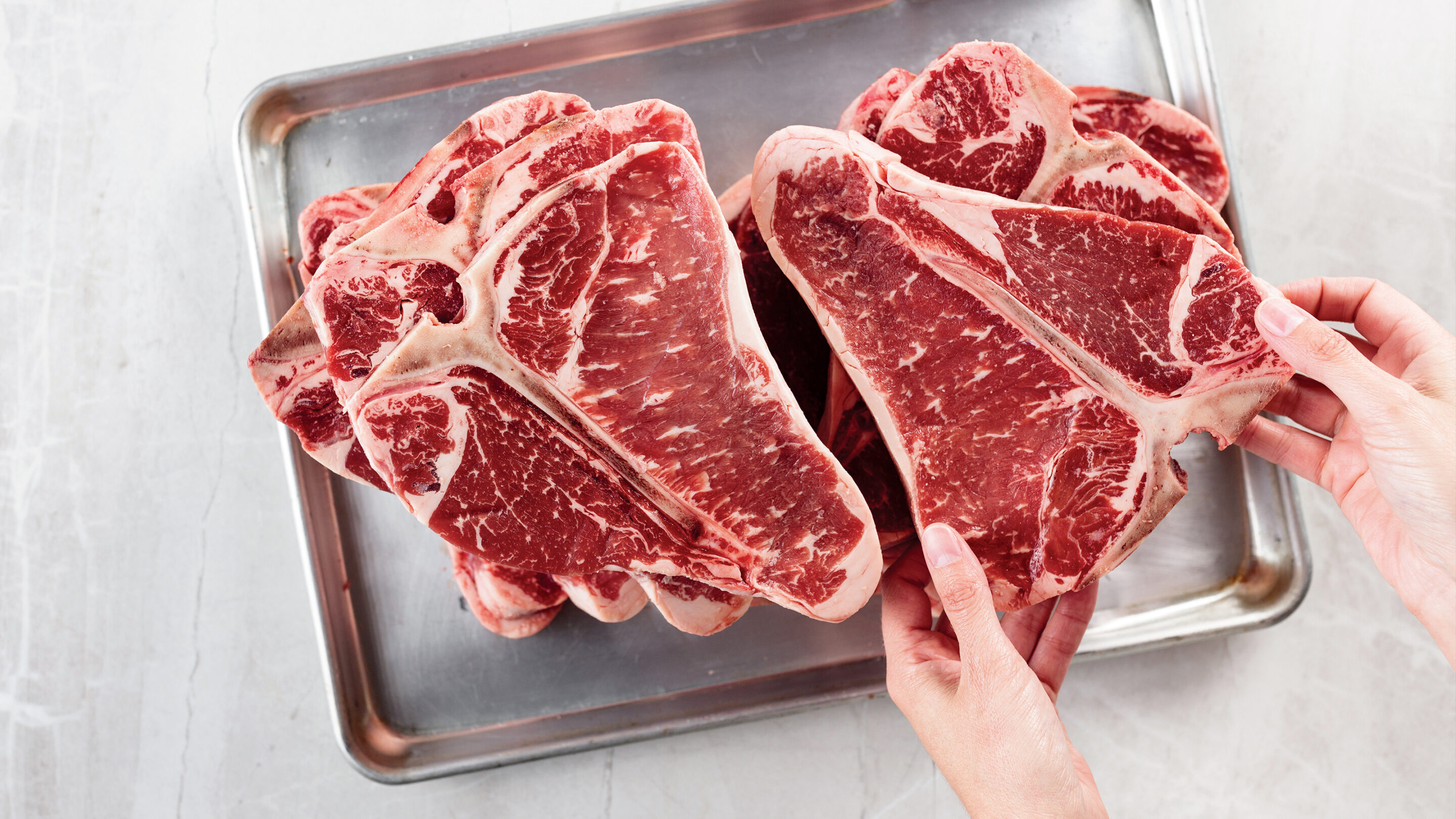

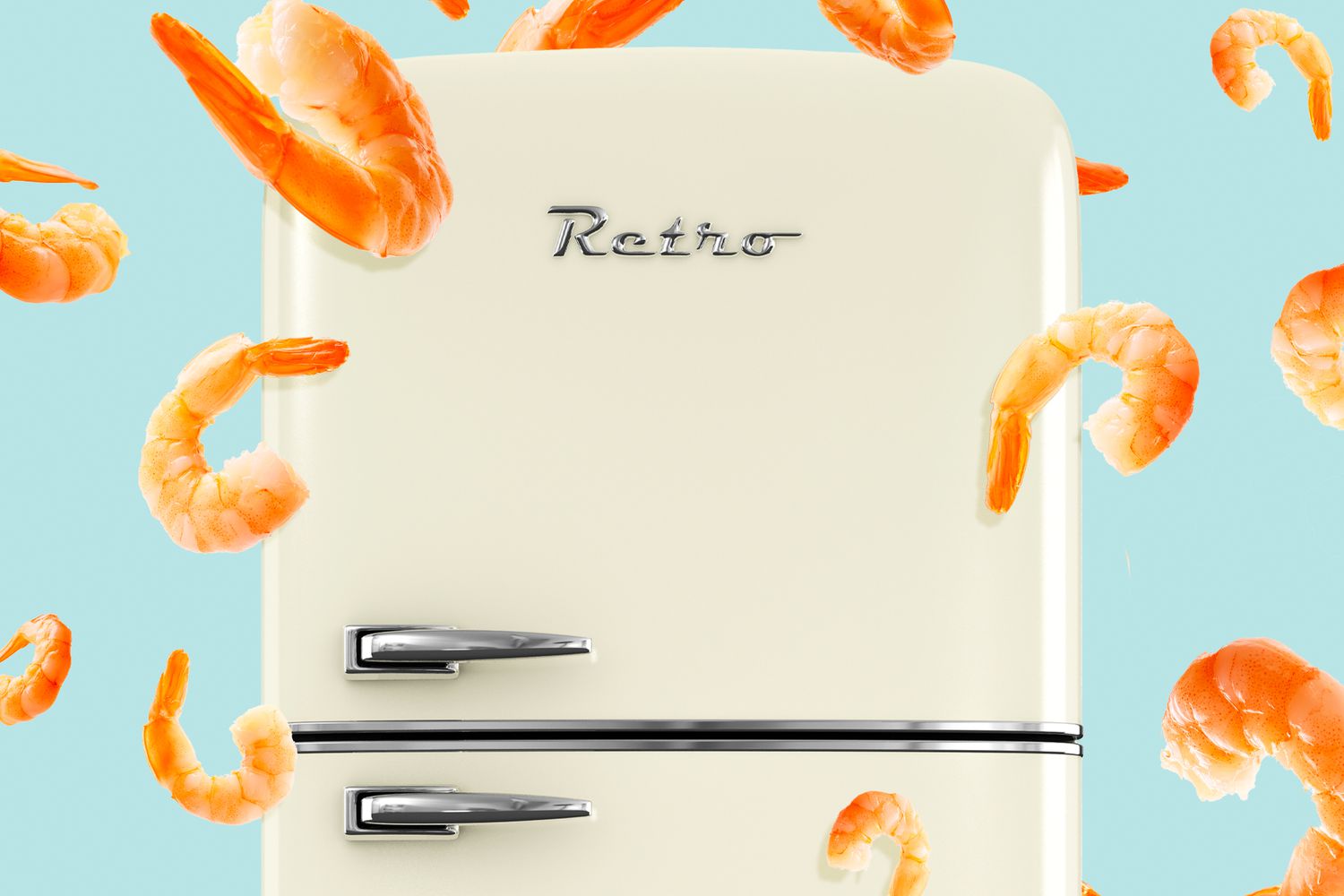

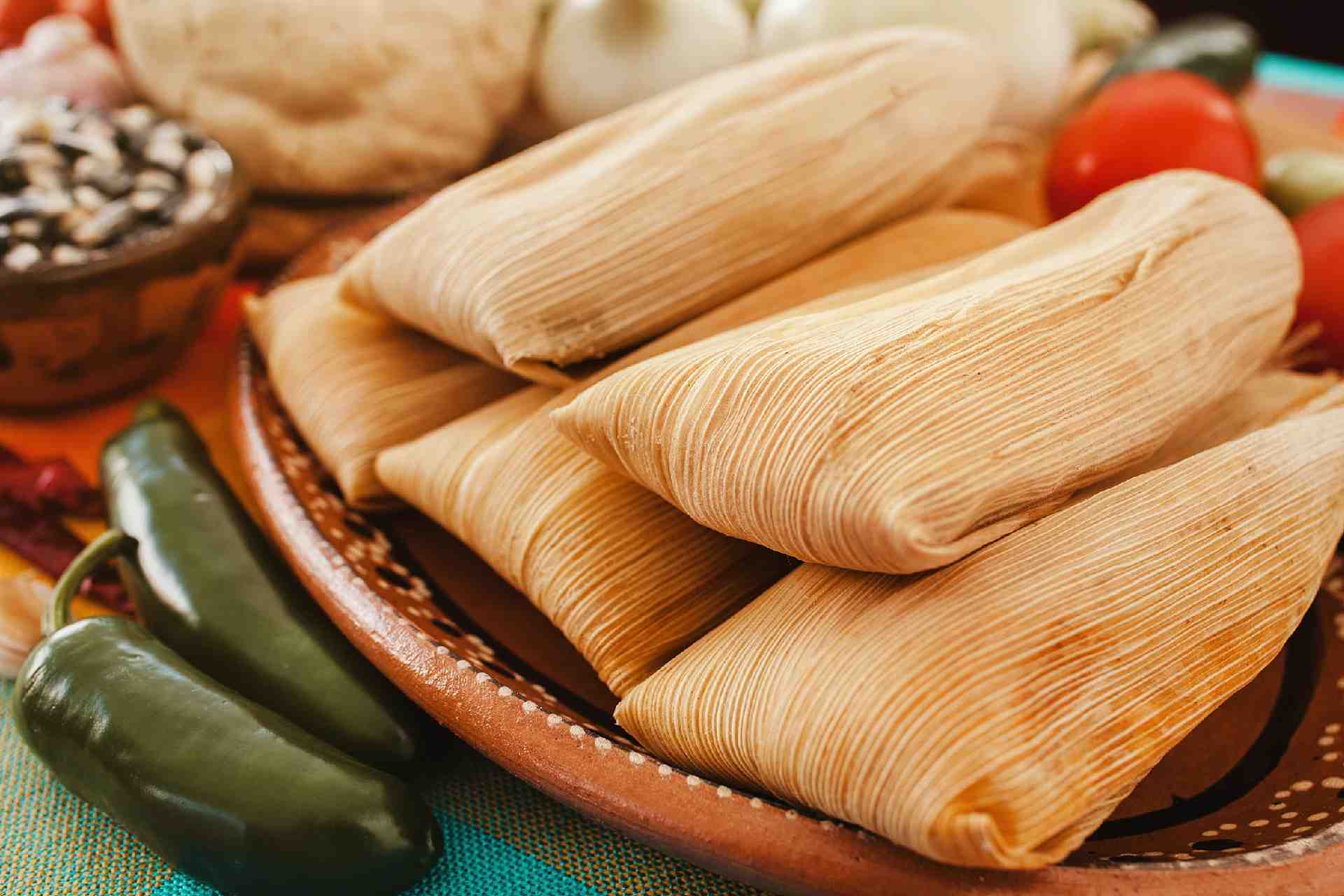


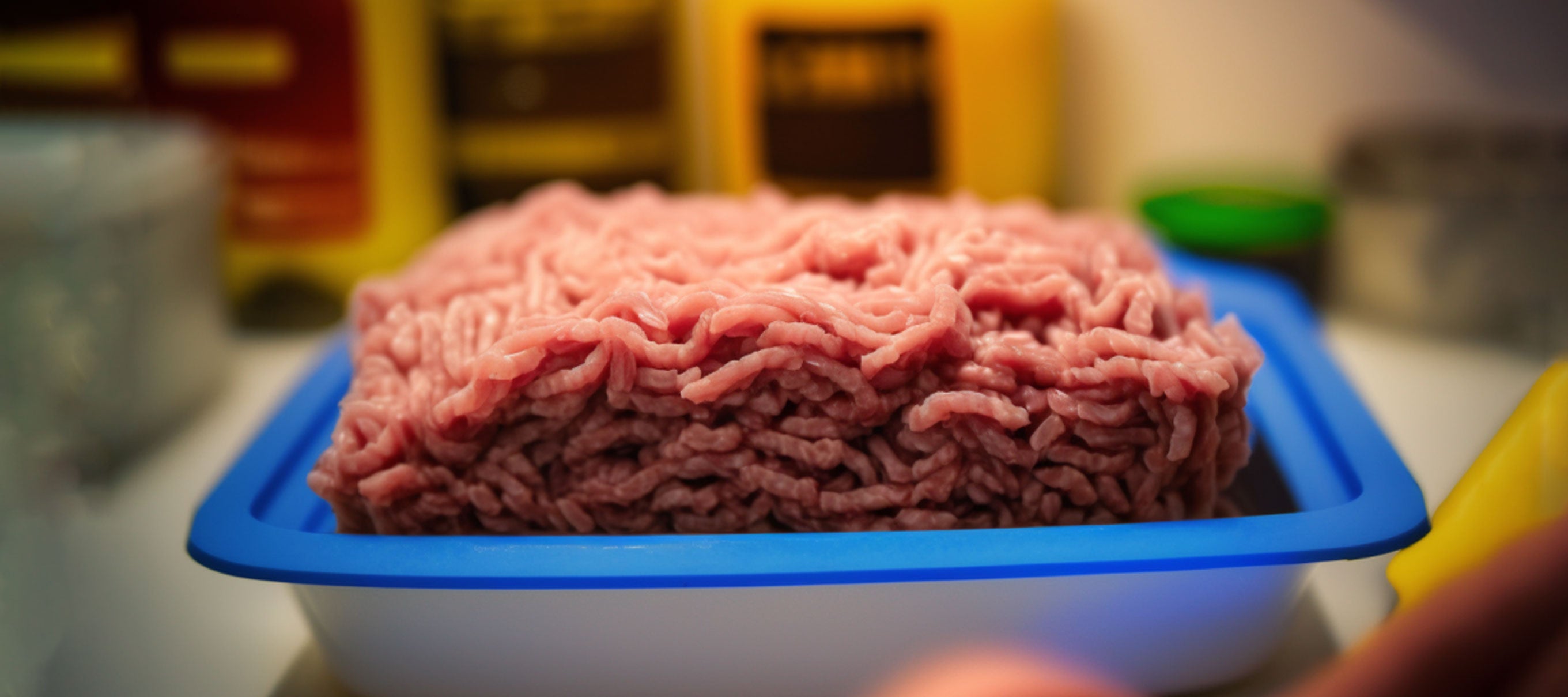
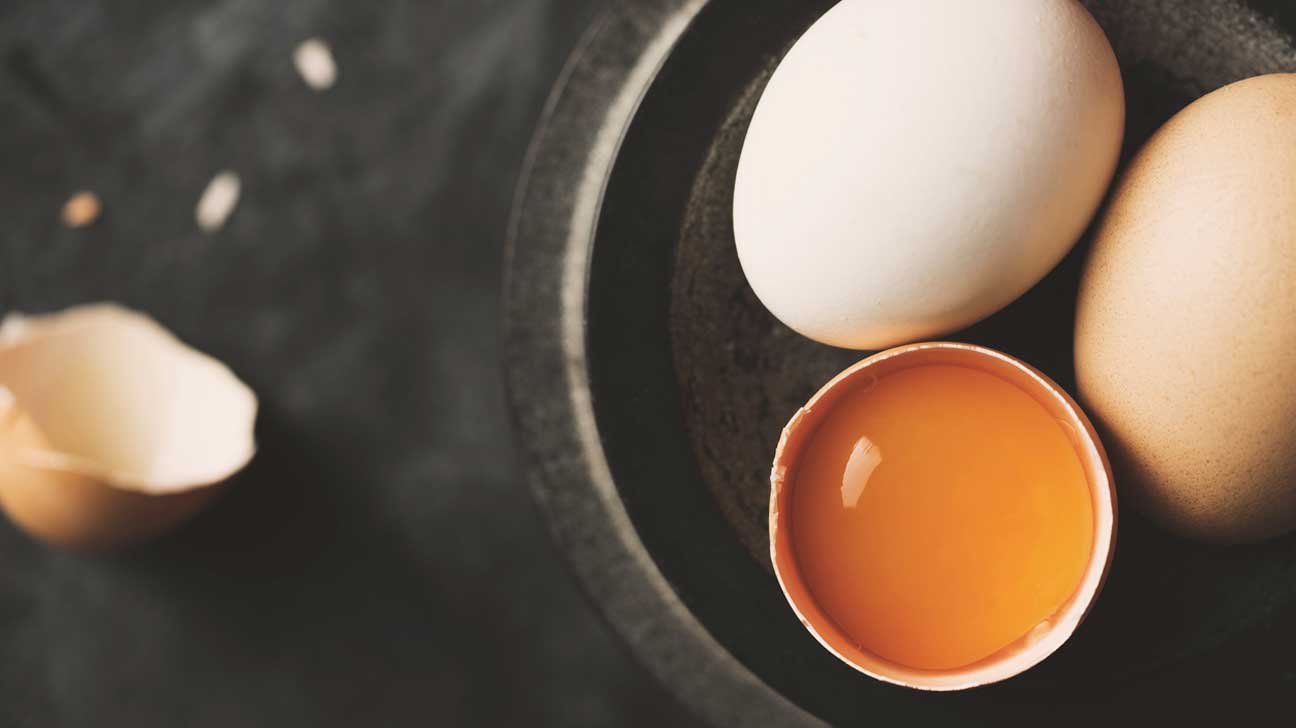

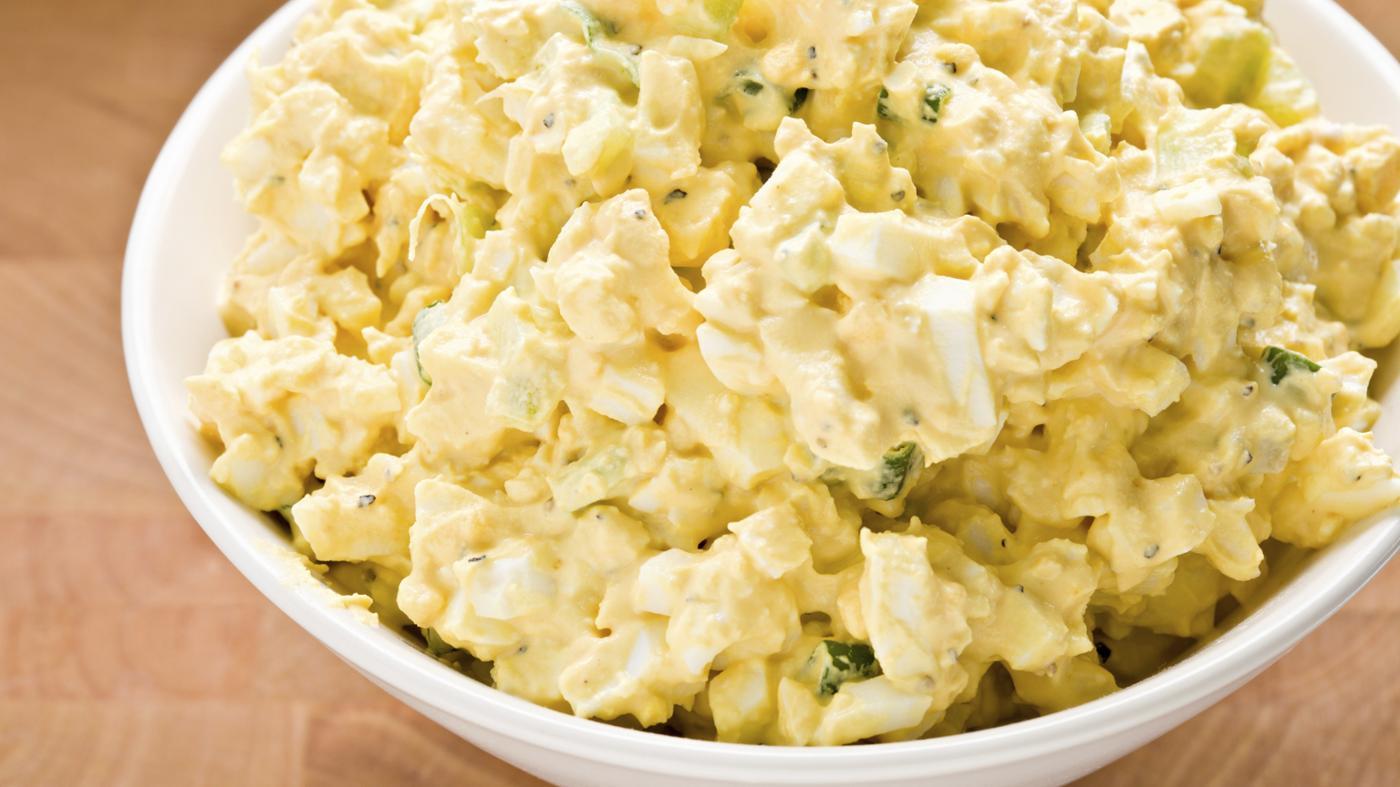
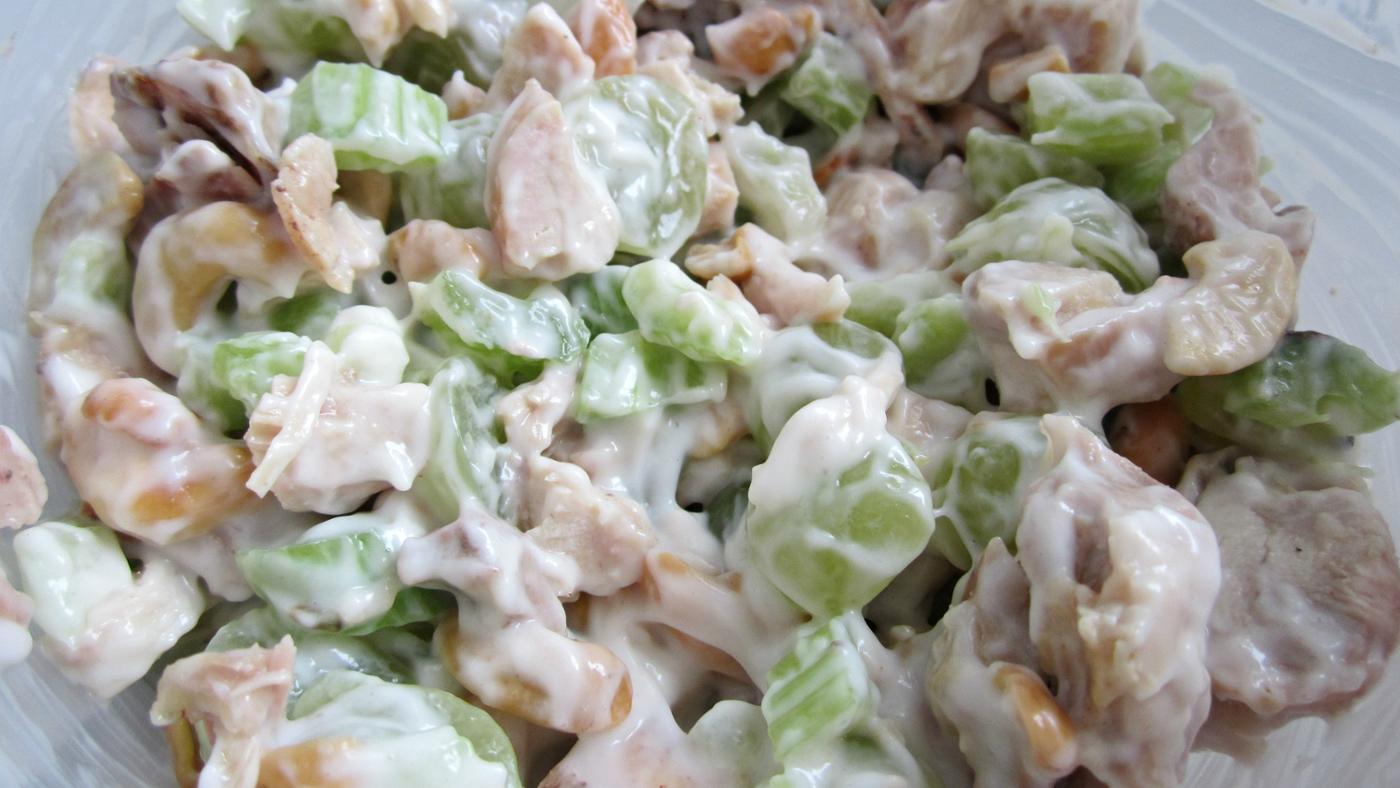
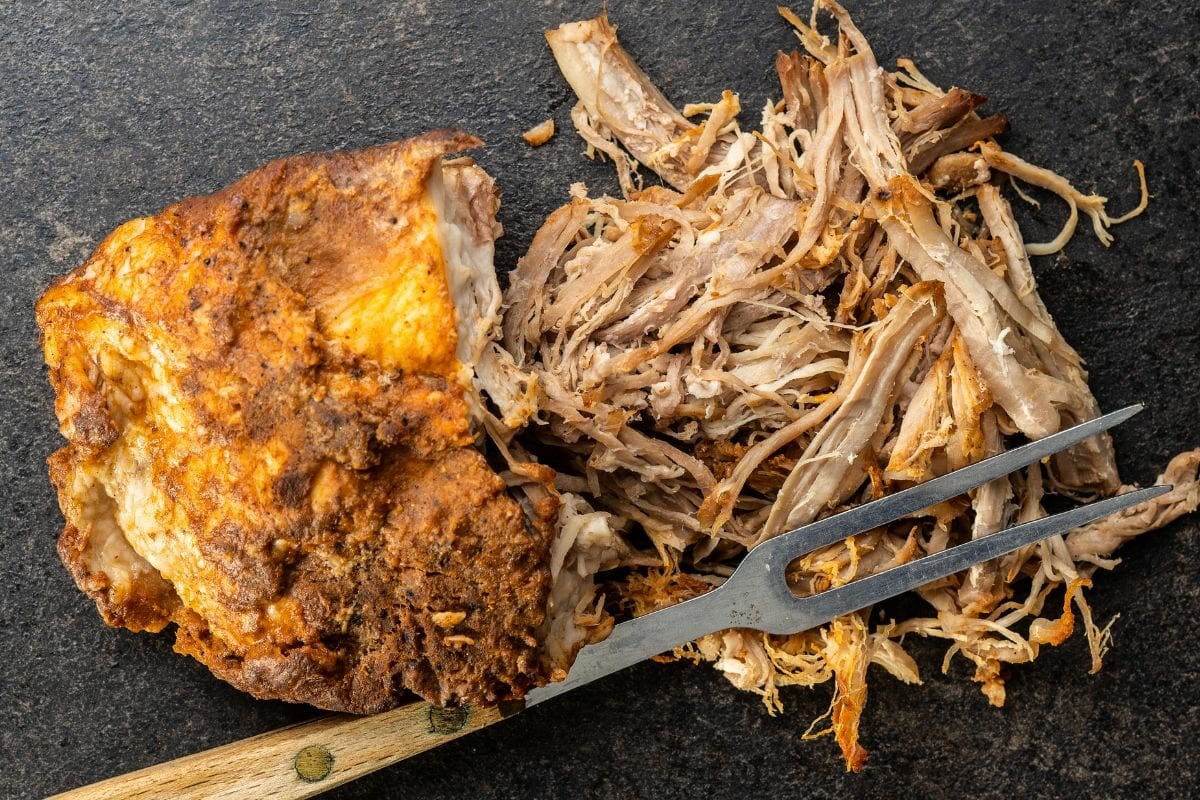
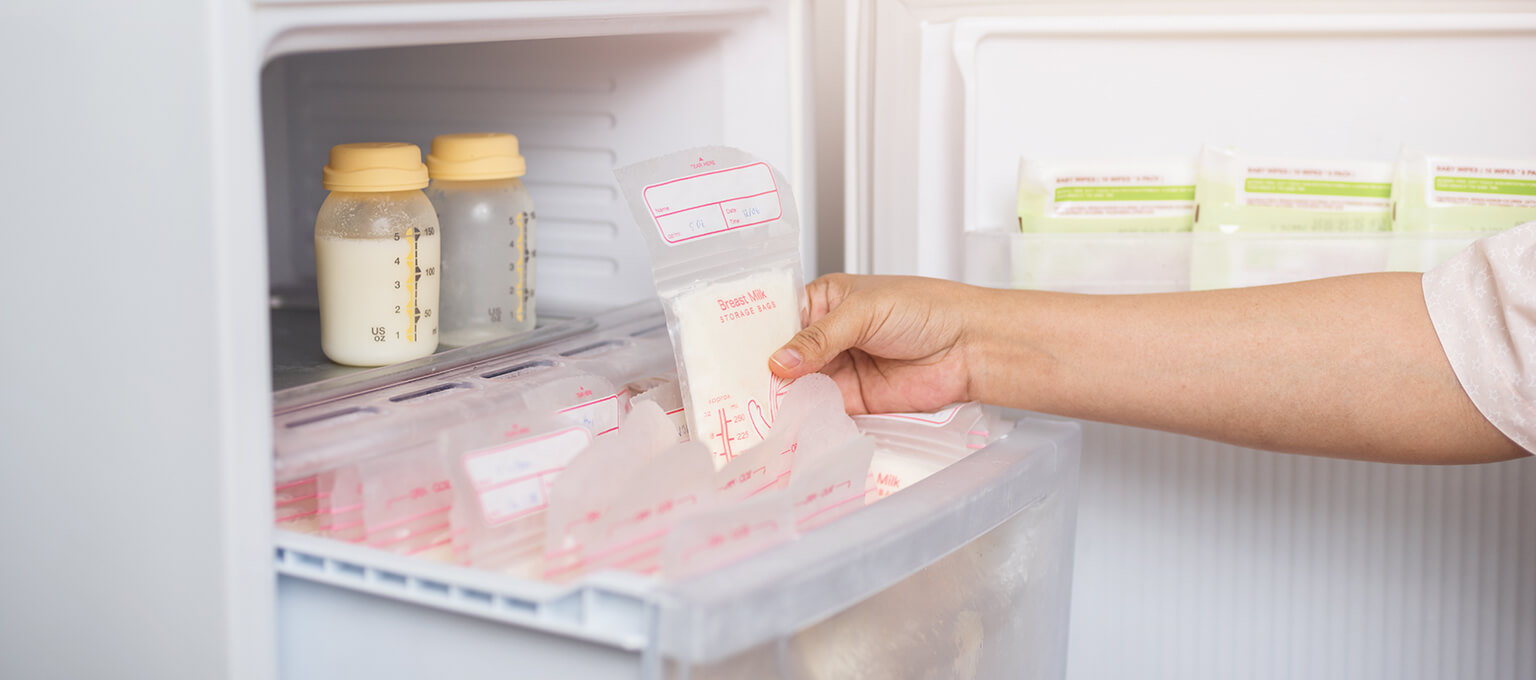

0 thoughts on “How Long Is Cooked Beef Good For In The Refrigerator”